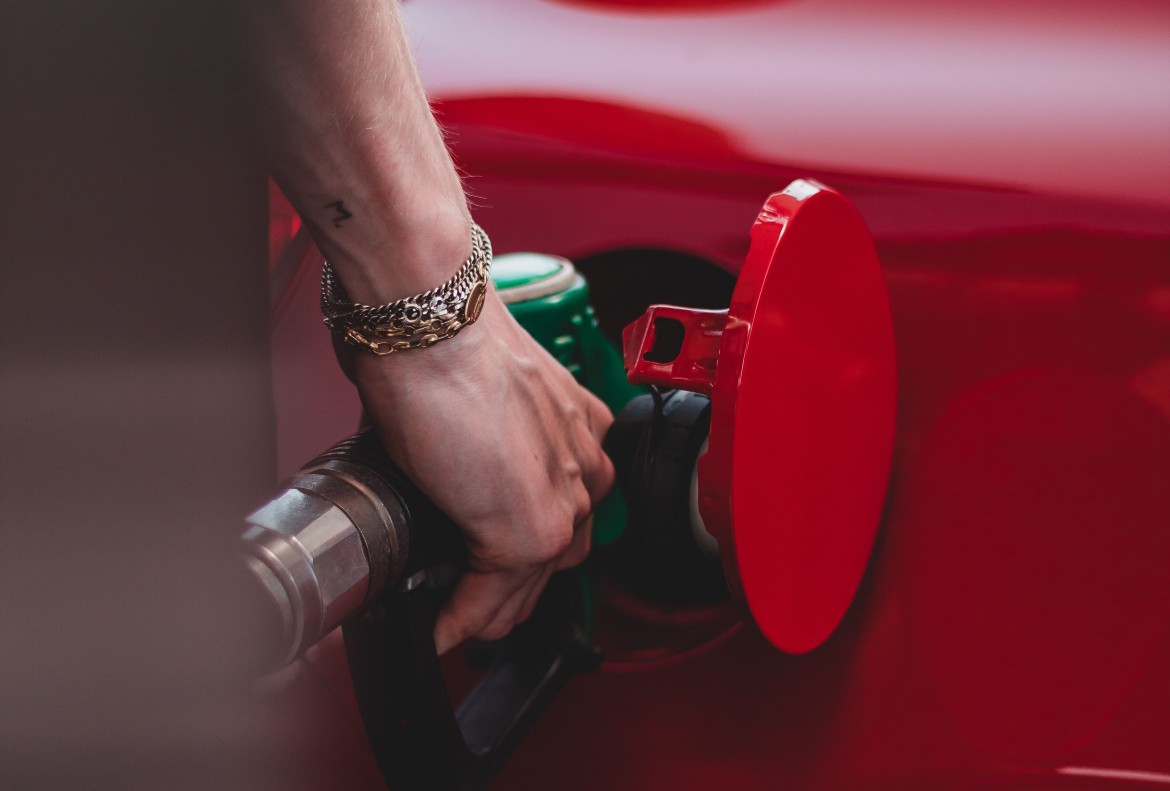UK Fuel Shortages

From footage of miles-long queues at petrol stations across the country to images of people filling up jerry cans - and even plastic bottles - with petrol, 2021 saw fuel shortages and panic buying sweep the UK.
But why was there a fuel shortage and how was it resolved? Here’s everything you need to know.

Why was there a fuel shortage?
It’s important to note, that it wasn’t actually a fuel shortage but instead a supply chain issue:
- A major cause was the warning from BP that it was going to have to temporarily close some of its petrol stations in September 2021 due to a shortage of lorry drivers
- It insisted that only a ‘handful’ of stations would be affected by ‘industry wide driver shortages’
- Esso revealed that a small number of its Tesco Alliance petrol stations had been affected, but other chains like Morrisons, Asda, Sainsburys and the Co-op insisted that they had no issues
- This driver shortage affected other areas of peoples’ lives
- If you’d been shopping at supermarkets around that time, you likely noticed emptier-than-usual shelves
- There were HGV driver shortages across Europe but with many European drivers leaving the UK because of Brexit, the impact was more significant here.
How did it turn into a crisis?
If you recall the start of the pandemic in 2020, you’ll remember the panic buying of toilet rolls that left those shelves bare, despite supermarkets insisting there was no shortage of them available.
That sense of panic returned as soon as BP made its announcement about some of its petrol stations:
- The extensive media coverage led millions of drivers across the country to go and fill up their cars in fear of an impending shortage of fuel that might leave them unable to drive
- The coverage of the long queues only led to even more drivers joining them for fear of missing out
- This turned a mini-crisis into a full-blown one
- The Petrol Retailers Association said that two thirds of its 5,500 independent outlets were now out of fuel and the rest not far off joining them, with the blame laid firmly on ‘panic buying’.
What happens next?
As with the toilet paper crisis of 2020, it took some time for the impact of this panic to pass and for supplies to return to normal levels, though the price of petrol continued to rise for a period of time:
- The UK Government announced that the Army was put on standby to help ease the crisis with military tanker drivers trained to deliver fuel to where was needed
- Competition law was suspended for oil firms to allow them to work together and share information to resolve these issues
- The Government offered temporary visas to foreign fuel tanker and food lorry drivers to try and help resolve the fuel crisis as well as prevent it being quickly followed by a turkey crisis ahead of Christmas
So the lesson from all of this is - don’t panic.
It’s also important to specify that this shortage centred around petrol. People are now asking ‘is there a shortage of diesel fuel?’ The short answer is not at this moment in time. But with the move towards sustainability and renewable energy, the stability and viability of diesel fuel may come into question in the future.
Leave the jerry cans at home, only fill up when you need to - or maybe get an electric car.
Want to find out more about the realities of owning an electric car? Check out our guide to busting the myths around EVs so you can see if an electric car might be right for you.
Alternatively, if you’re unsure about going fully electric, check out our article on looking at the differences between hybrids and EVs.
Posted on: 28th September 2021


